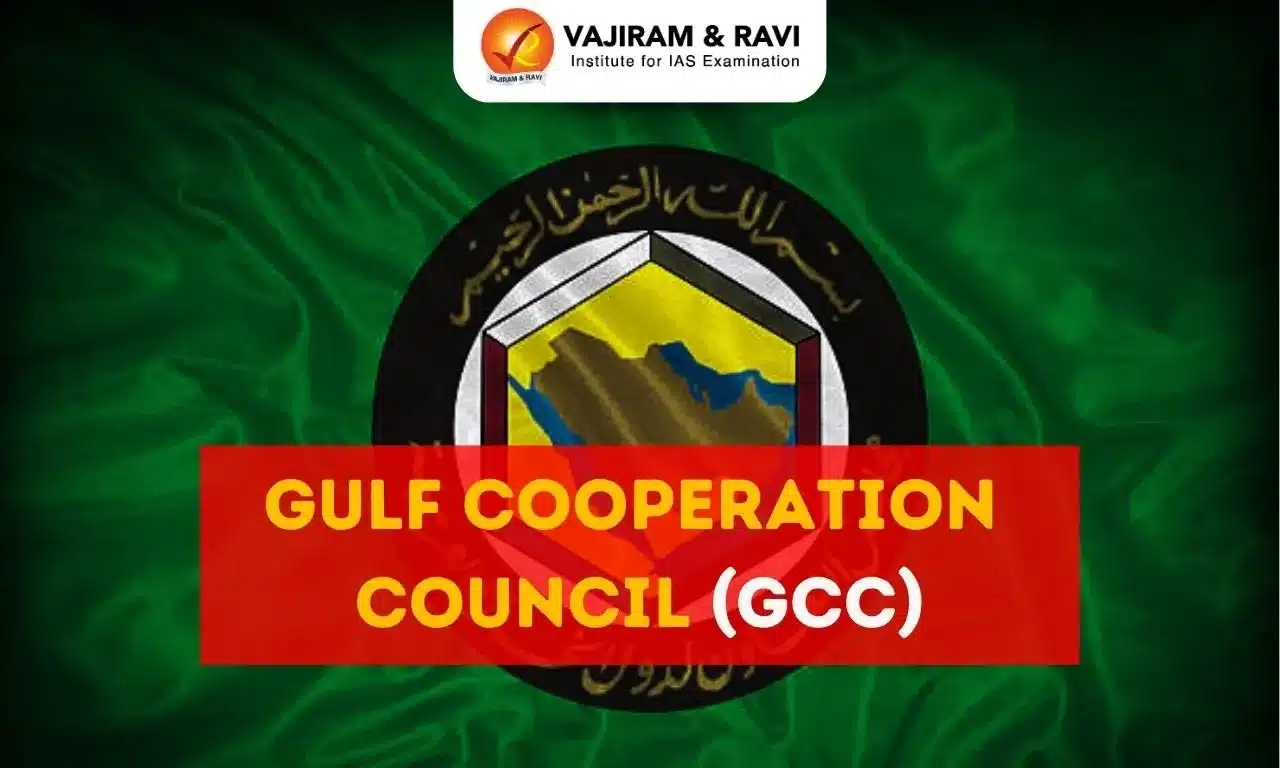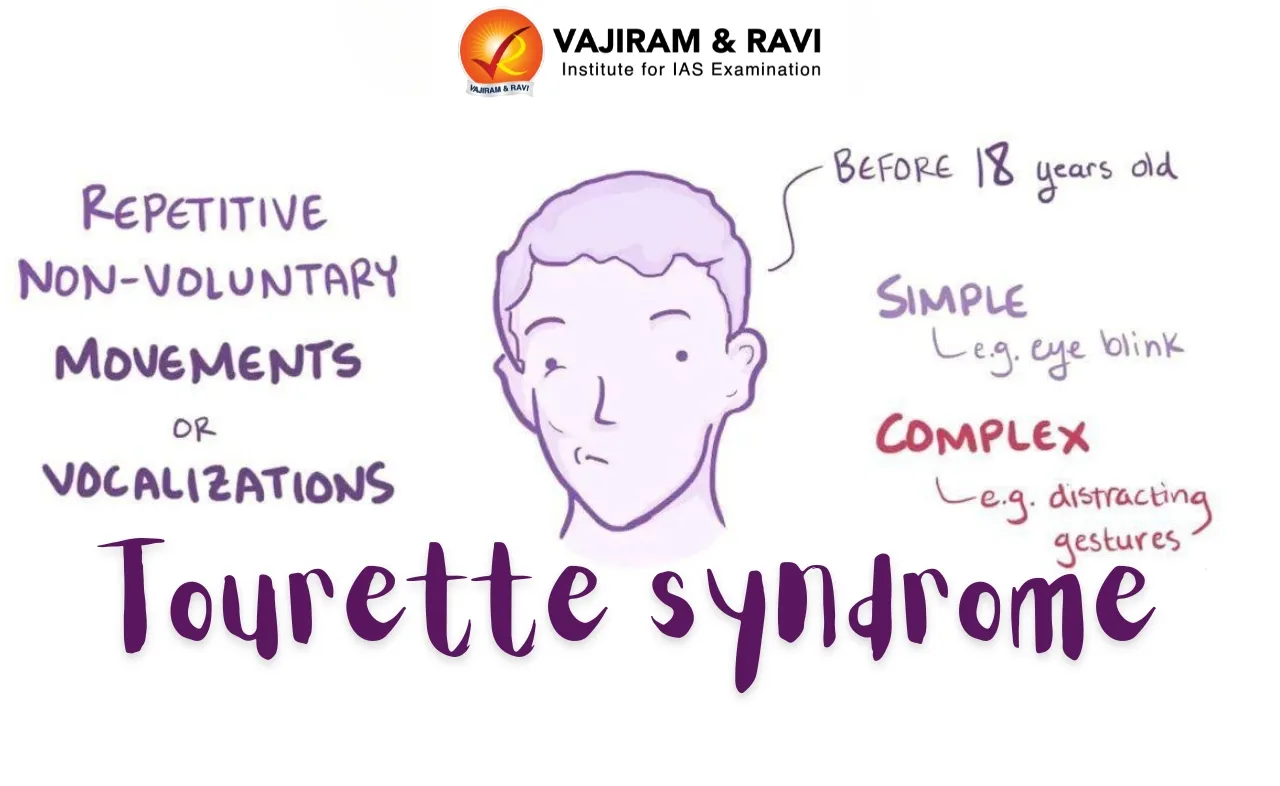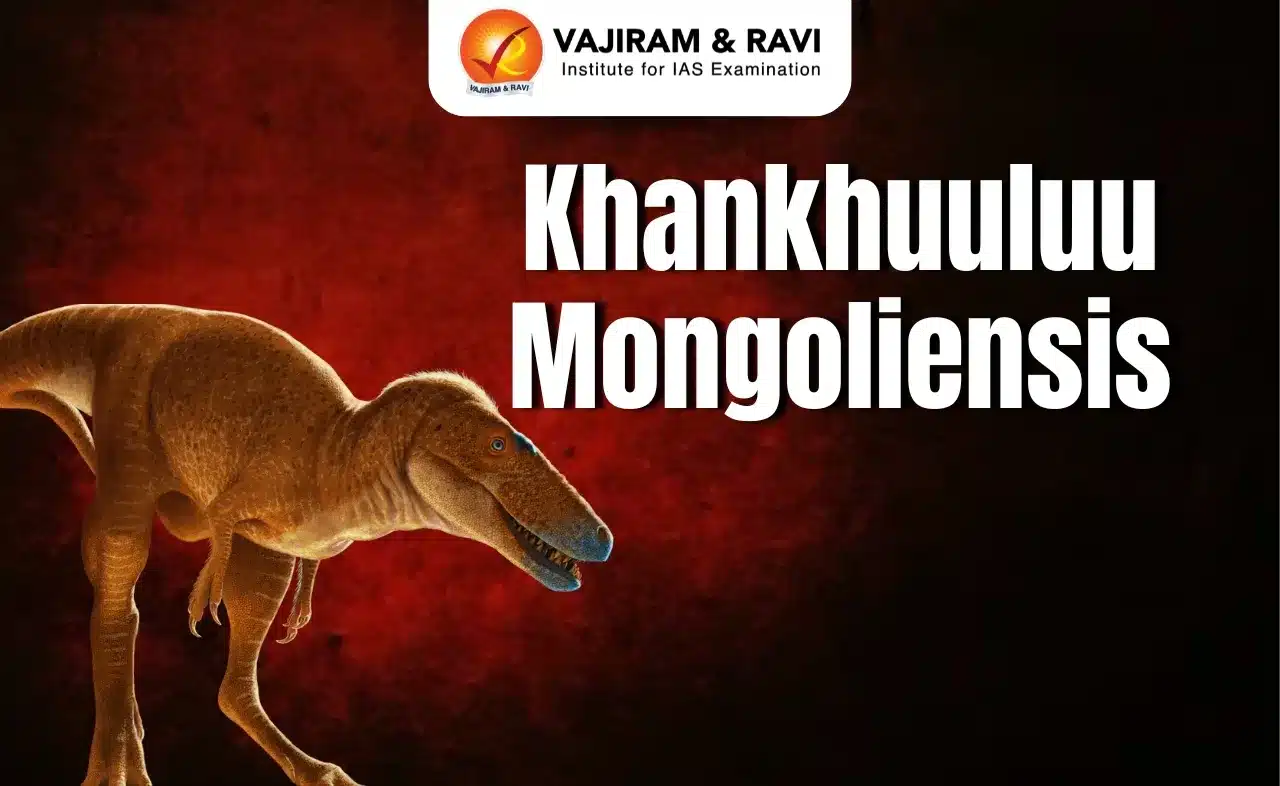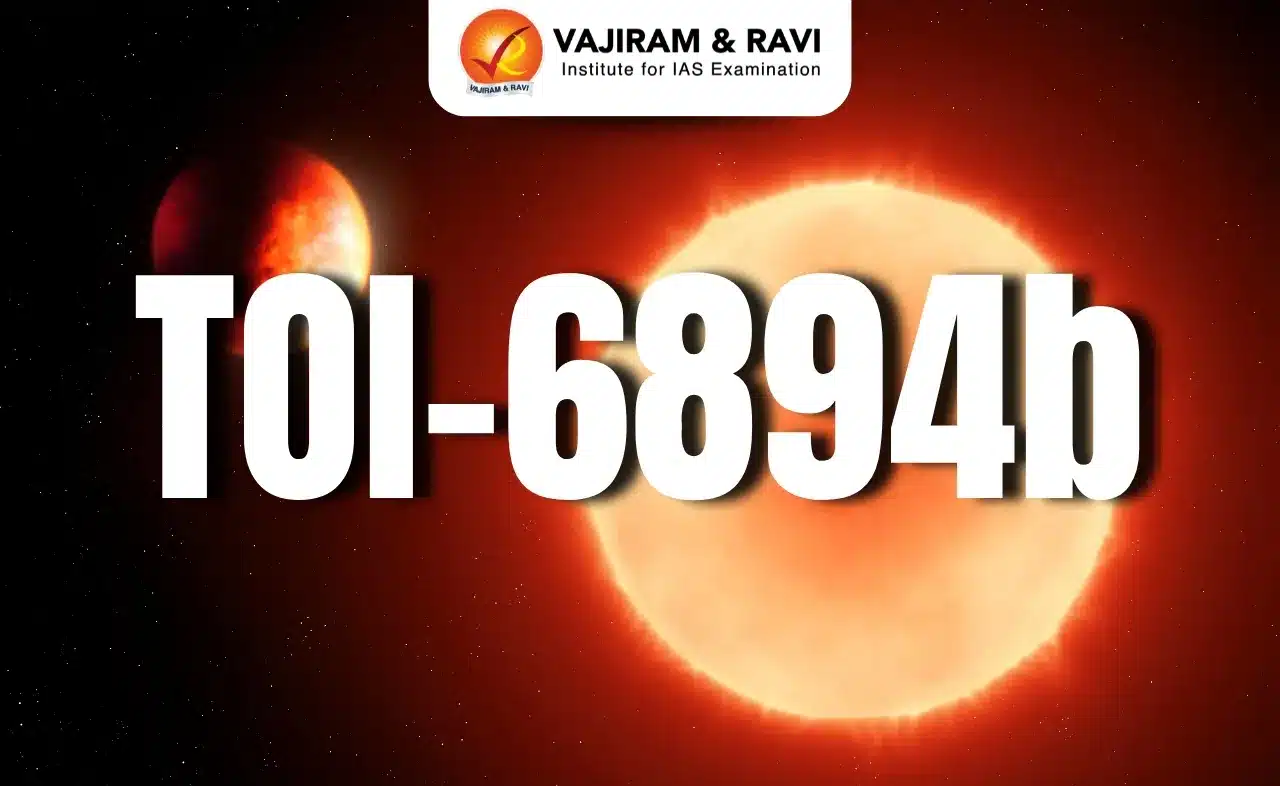About GCC
- Definition: The Gulf Cooperation Council (GCC) is a regional political and economic alliance established in 1981.
- Member countries: Comprises six Arab states: Bahrain, Kuwait, Oman, Qatar, Saudi Arabia, and the United Arab Emirates (UAE).
- Objective: To foster economic, security, cultural, and social cooperation among its members.
- Historical context: The GCC was formed in response to escalating regional tensions, particularly the Iranian Revolution (1979) and the Iran-Iraq War (1980–1988).
Key Features of the GCC
- Global significance: The GCC countries together hold almost half of the world’s oil reserves, making them vital players in the global energy market.
- Annual summits: The GCC convenes yearly summits to discuss strategies for cooperation and regional stability.
Organizational Structure of the GCC
- Supreme council:
- Highest authority: Composed of the heads of state from all member countries.
- Decision-making: Decisions are made through unanimous approval.
- Presidency rotation: The presidency rotates annually, based on the alphabetical order of member states.
- Ministerial council:
- Composed of foreign ministers or their representatives from member states.
- Role: Proposes policies and implements decisions of the Supreme Council.
- Meetings: Held every three months.
- Secretariat general:
- Acts as the administrative arm of the GCC.
- Functions: Monitors policy implementation and arranges meetings.
- Headquarters: Located in Riyadh, Saudi Arabia.
India and the GCC
- Largest regional trading partner: The GCC is India’s most significant regional trading bloc. Bilateral trade (FY 2023-24):
- Total trade: USD 161.59 billion.
- India’s exports: USD 56.3 billion.
- India’s imports: USD 105.3 billion.
- The UAE is India’s 3rd largest trading partner and 2nd largest export destination.
- Workforce and Remittances: Approximately 8.9 million Indian expatriates reside in GCC countries, forming 66% of all non-resident Indians (NRIs).
- Indian expatriates contribute significantly to remittances, a vital income source for India.
Q1). What is OPEC and its purpose?
OPEC, established in 1960, is an intergovernmental organization of 13 oil-exporting countries that coordinates petroleum policies to stabilize oil markets, secure fair prices, and ensure a consistent energy supply to consumers worldwide.
Source: IE
Last updated on June, 2025
→ UPSC Notification 2025 was released on 22nd January 2025.
→ UPSC Prelims Result 2025 is out now for the CSE held on 25 May 2025.
→ UPSC Prelims Question Paper 2025 and Unofficial Prelims Answer Key 2025 are available now.
→ UPSC Calendar 2026 is released on 15th May, 2025.
→ The UPSC Vacancy 2025 were released 1129, out of which 979 were for UPSC CSE and remaining 150 are for UPSC IFoS.
→ UPSC Mains 2025 will be conducted on 22nd August 2025.
→ UPSC Prelims 2026 will be conducted on 24th May, 2026 & UPSC Mains 2026 will be conducted on 21st August 2026.
→ The UPSC Selection Process is of 3 stages-Prelims, Mains and Interview.
→ UPSC Result 2024 is released with latest UPSC Marksheet 2024. Check Now!
→ UPSC Toppers List 2024 is released now. Shakti Dubey is UPSC AIR 1 2024 Topper.
→ Also check Best IAS Coaching in Delhi






















